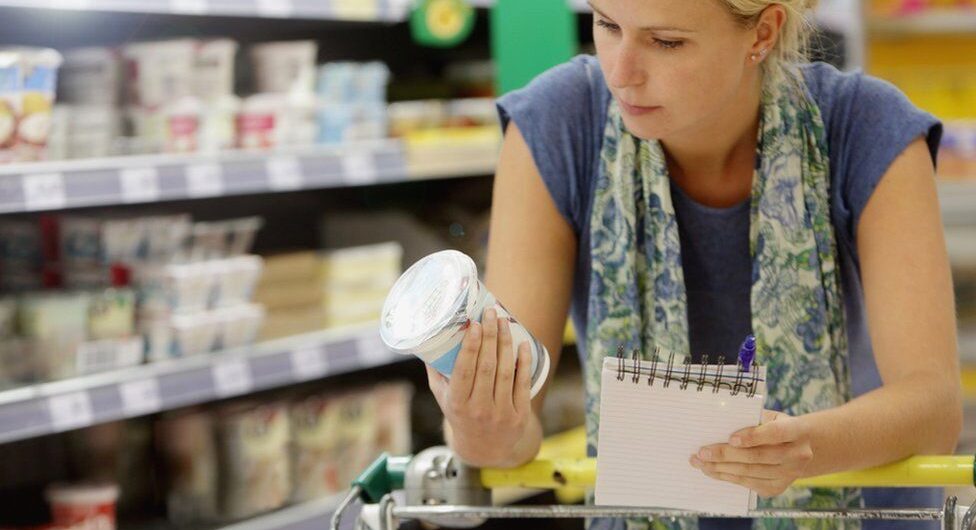According to the BBC.
Prices are rising by 9% a year in the UK – the highest rate for 40 years.
The Bank of England has warned inflation might reach 10% within months, as the prices of fuel and food put pressure on household budgets.
Why has inflation risen so much?
Inflation is the increase in the price of something over time. For example, if a loaf of bread costs £1 one year and £1.09 the next year, then that’s an annual inflation rate of 9%.
- Energy bills are the biggest contributor to inflation at present, largely because of the impact of the Ukraine war on oil and gas prices. After a rise in the UK’s energy price cap last month, average gas and electricity prices jumped by 53.5% and 95.5% respectively compared with a year ago
- Fuel prices are also surging, with average petrol prices hitting 161.8p per litre in April 2022 versus 125.5p a year earlier. The April price is the highest on record.
- The governor of the Bank of England says rising global food prices are a “major worry” and shopping bills are increasing. Prices were up 6.7% last month
- The costs of raw materials, household goods, furniture and restaurants and hotels are also going up
- The rate of VAT – the tax paid when buying goods and services – has gone up for some businesses. The government reduced VAT for hospitality and tourism firms during the pandemic, but on 1 April it returned to the standard 20% rate
- Air passenger duty and vehicle excise duty rates have also increased, as have the cost of postage, and water bills in England and Wales
- Higher interest rates also make mortgage payments more expensive for some homeowners.
The headline inflation rate is an average, and priced rise in different areas rise at different rates. One food industry boss has warned that food prices could rise by up to 15% this year.
Image Source: GETTY IMAGES




